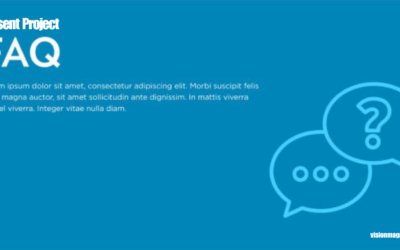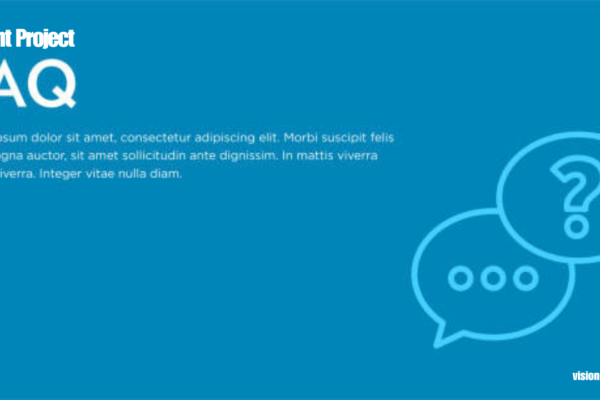

The Correct Spelling is School Not School. Some Pe – Tymoff
A Look Into Common Spelling Misconceptions
When we talk about the phrase “the correct spelling is school not school. some pe – tymoff,” it raises a puzzling contradiction. It seems like an error or a confusing statement, as “school” is universally known and spelled similarly. This statement baffles readers, especially when we know the correct spelling of “school” is indeed “school,” and there are no alternative correct versions.
But why does such a phrase exist, and what does it mean? Let’s break it down, understand its possible confusion, and address how misconceptions around spelling arise.
Spelling Confusion and Typos
Spelling is fundamental to communication, yet mistakes or misunderstandings are expected. In the case of “the correct spelling is school not school. some pe – tymoff,” a typo or an attempt at humor likely led to the confusion. Perhaps someone was trying to emphasize that the word “school” should always be spelled correctly, but the sentence lost clarity due to errors in typing or expression.
Misspellings happen more frequently in today’s fast-paced digital age. People often type quickly, leading to minor errors that can alter the meaning of a phrase. But even more so, the issue might lie in homophones or regional language differences.

Common Causes of Spelling Errors
Let’s explore why people get confused about spellings and may create statements like “the correct spelling is school not school. Some pe – tymoff.”
- Homophones
One frequent source of confusion is homophones—words that sound the same but are spelled differently and have different meanings. This is not the case for “school,” but many people struggle with words like “their,” “there,” and “they’re,” or “to,” “too,” and “two.” However, this doesn’t seem to explain the confusion in the phrase we’re discussing.
- Regional Variations
Regional spelling variations, such as American and British English differences, can be confusing. Words like “color” (American) and “color” (British) are spelled differently but mean the same thing. Again, though, the word “school” doesn’t fall under this category as it is spelled the same way globally.
- Typos and Casual Communication
Sometimes, a typo or rushed writing can lead to mistakes, like the one in the statement, “The correct spelling is school, not school. some pe – tymoff.” This likely stems from casual communication, where people only sometimes review their texts for clarity. It’s possible the intended message was to highlight the importance of correct spelling, but in doing so, it needed to be clarified with its incorrect form.
Also Read: Unlock Versatility with the ASUS 2-in-1 Q535: Your Ultimate Computing …
The Role of Spellcheck and Grammar Tools
We often rely on spell-checkers to correct our mistakes in the digital world. These tools catch common spelling errors but only sometimes identify context. In the case of “the correct spelling is school not school. some pe – tymoff,” even a spell-checker would struggle, as “school” is technically spelled correctly.

Reviewing content for meaning and clarity is crucial, especially when conveying essential messages. Spelling and grammar tools should be used as aids, but they don’t replace the human ability to recognize confusing statements like the one in question.
Does “Some Pe” Mean Anything?
The part of the phrase “some pe” also adds to the confusion. It doesn’t have a clear meaning in this context. One possibility is that it’s an incomplete word or abbreviation, but it is only accessible to decipher with more context.
It could be that “pe” was an attempt at typing something else, or it could be an abbreviation for physical education (PE), or even a typographical error that further clouded the sentence’s original intent. Again, this illustrates how minor mistakes can lead to significant misunderstandings.
How Can You Avoid Common Spelling Mistakes?
Let’s address some essential tips to ensure spelling clarity, which might help avoid odd sentences like “the correct spelling is school not school. Some pe – tymoff.”

- Proofreading: Always review your text before finalizing it. A quick review can help you catch minor errors that might lead to considerable confusion.
- Use Tools Wisely: While spellcheck and grammar tools are helpful, they could be better. Please don’t rely on them to catch every mistake or ensure your message is clear.
- Understand Homophones: Be aware of words that sound the same but have different meanings and spellings. For example, “your” and “you’re” are often confused, but understanding the context can prevent errors.
- Avoid Casual Typing Habits: While it’s easy to type quickly and overlook mistakes, especially in casual communication, it’s essential to slow down and ensure clarity, primarily if your message is intended to be educational or formal.
- Learn from Mistakes: If you make a spelling mistake, take it as a learning opportunity. Understanding why the error occurred helps in preventing future errors.
The Tymoff Factor: Does It Matter?
Tymoff, mentioned in “the correct spelling is school not school. some pe – tymoff,” doesn’t provide much context to clarify the statement. It could be a name or reference tied to the statement, but its relevance is unclear. However, the critical takeaway remains the need for clarity in communication regarding whether Tymoff was involved in making the statement.

Final Thoughts
At the end of the day, “the correct spelling is school, not school. Some pe – tymoff” serves as a reminder of how easily a message can be lost when clarity and spelling are not prioritized. We can all benefit from being more mindful of our spelling and grammar, especially in educational contexts where the slightest mistake can lead to widespread confusion.
So, the next time you’re about to write the word “school,” rest assured that you know the correct spelling—and always double-check your work to avoid ending up with a perplexing phrase like “the correct spelling is school not school. Some pe – tymoff.”














